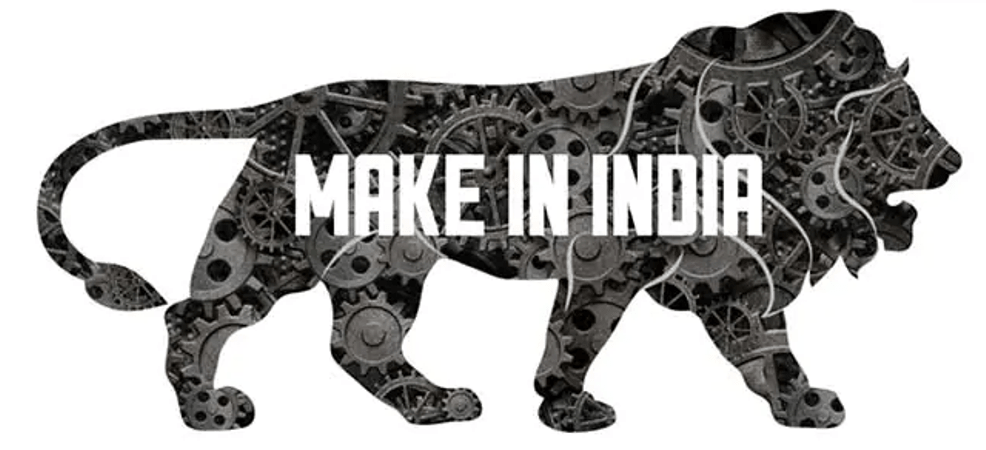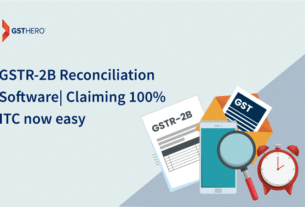Introduction to Make in India Project 2.0
Make in India initiative was first launched on September 25, 2014 in India. The main objective of this project is to facilitate investment, foster innovation, building best in class manufacturing infrastructure, making it easy to do business and enhancing skill development.

Objective of Make in India Project
The MII initiative is further aimed at creating a conducive environment for investment, modern and efficient infrastructure, opening up new sectors for foreign investment, and forging a partnership between government and industry through a positive mindset.
Achievements Since Launch
Since its launch, Make in India initiative has made significant achievements and presently focuses on 27 sectors under Make in India 2.0.
Department for Promotion of Industry and Internal Trade is coordinating action plans for manufacturing sectors, while the Department of Commerce is coordinating service sectors.
The list of sectors under Make in India 2.0 is placed at Annexure below.
The Government of India is making continuous efforts under Investment Facilitation for implementation of Make in India action plans to identify potential investors.
Support is being provided to Indian Missions abroad and State Governments for organising events, summits, road-shows and other promotional activities to attract investment in the country under the Make in India banner.
Investment Outreach activities are being carried out for enhancing International co-operation for promoting FDI and improve Ease of Doing Business in the country.
New Initiatives by Government
Recently, Government has taken various steps in addition to ongoing schemes to boost domestic investments in India.
These include the National Infrastructure Pipeline, Reduction in Corporate Tax, easing liquidity problems of NBFCs and Banks, trade policy measures to boost domestic manufacturing.
The government of India has also promoted domestic manufacturing of goods through public procurement orders, Phased Manufacturing Programme (PMP), Schemes for Production Linked Incentives of various Ministries.
Foreign Direct Investment
India has registered its highest-ever annual FDI Inflow of US $74.39 billion (provisional figure) during the last financial year 2019-20 as compared to US $ 45.15 billion in 2014-2015.
In the last six financial years (2014-20), India has received an FDI inflow worth USD 358.30 billion which is 53 percent of the FDI reported in the last 20 years (USD 681.87 billion).
Steps for further improvement
Steps taken to improve Ease of Doing Business include simplification and rationalization of existing processes.
As a result of the measures taken to improve the country’s investment climate, India jumped to 63rd place in World Bank’s Ease of Doing Business ranking as per World Bank’s Doing Business Report (DBR) 2020.
This is driven by reforms in the areas of Starting a Business, Paying Taxes, Trading Across Borders, and Resolving Insolvency.
Annexure of 27 Sectors under ‘Make in India’ Project
Manufacturing Sectors
- Aerospace and Defence
- Automotive and Auto Components
- Pharmaceuticals and Medical Devices
- Bio-Technology
- Capital Goods
- Textile and Apparels
- Chemicals and Petrochemicals
- Electronics System Design and Manufacturing (ESDM)
- Leather & Footwear
- Food Processing
- Gems and Jewellery
- Shipping
- Railways
- Construction
- New and Renewable Energy
Service Sectors
- Information Technology & Information Technology enabled Services (IT &ITeS)
- Tourism and Hospitality Services
- Medical Value Travel
- Transport and Logistics Services
- Accounting and Finance Services
- Audio Visual Services
- Legal Services
- Communication Services
- Construction and Related Engineering Services
- Environmental Services
- Financial Services
- Education Services
FAQ on Make In India Project
It is a initiative by the Government of India to encourage foreign companies to setup manufacturing hub in the country.
Yes, it is going successful because the FDI inflows has subsequently increased in 2019-20.
The process of Manufacturing in India is a “Make in India”. Whereas, the Made is India is said to be when the product is manufactured in India.
Zero Defect Zero Effect
Visit at https://www.makeinindia.com/register
Important Links
E-Invoice in GST applicability
The E-invoicing system in India was introduced from 1st January 2020 on a voluntary basis. Thereafter, from 01st April 2020, it is implemented in a phase to phase manner. more
Today’s News on GST
GST India News brings the latest news of GST updates. We update the blog with the latest GST return filing due dates, registration, e waybill, etc. more
About GST Portal Login
Know how to login to the GST portal with ARN after submitting the GST Registration application. more
How to download GST certificate?
Downloading the GST registration certificate is a very easy process. Just login into the GST portal. Click on Services tab >> User services. more



